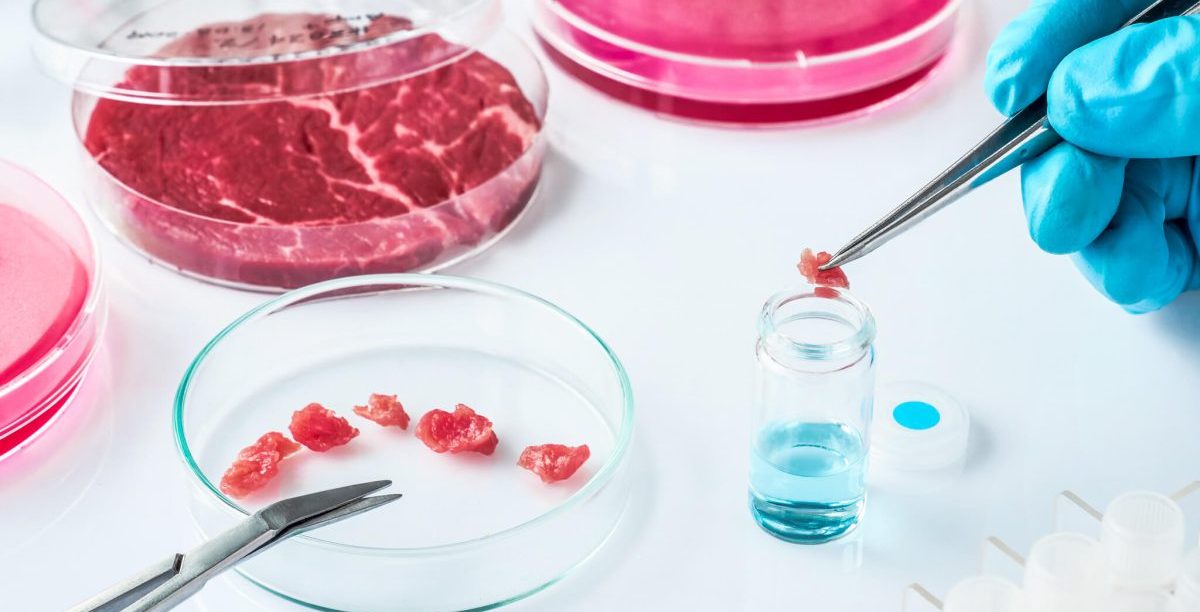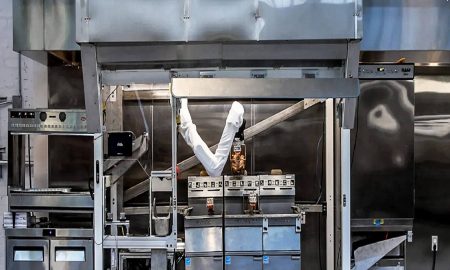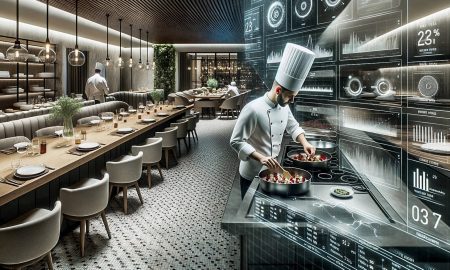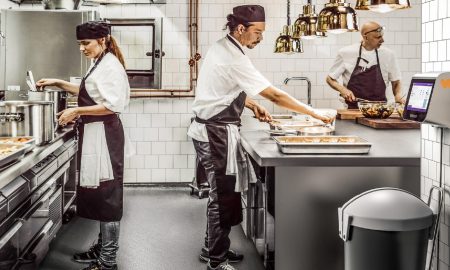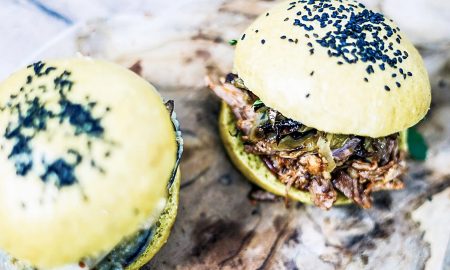Have you ever bitten into a lion burger, tucked into tiger nuggets or feasted on zebra or elephant? Probably not, but if New York-based Primeval foods has its way you soon could. And just to make it clear, no wildlife will be harmed in the process.
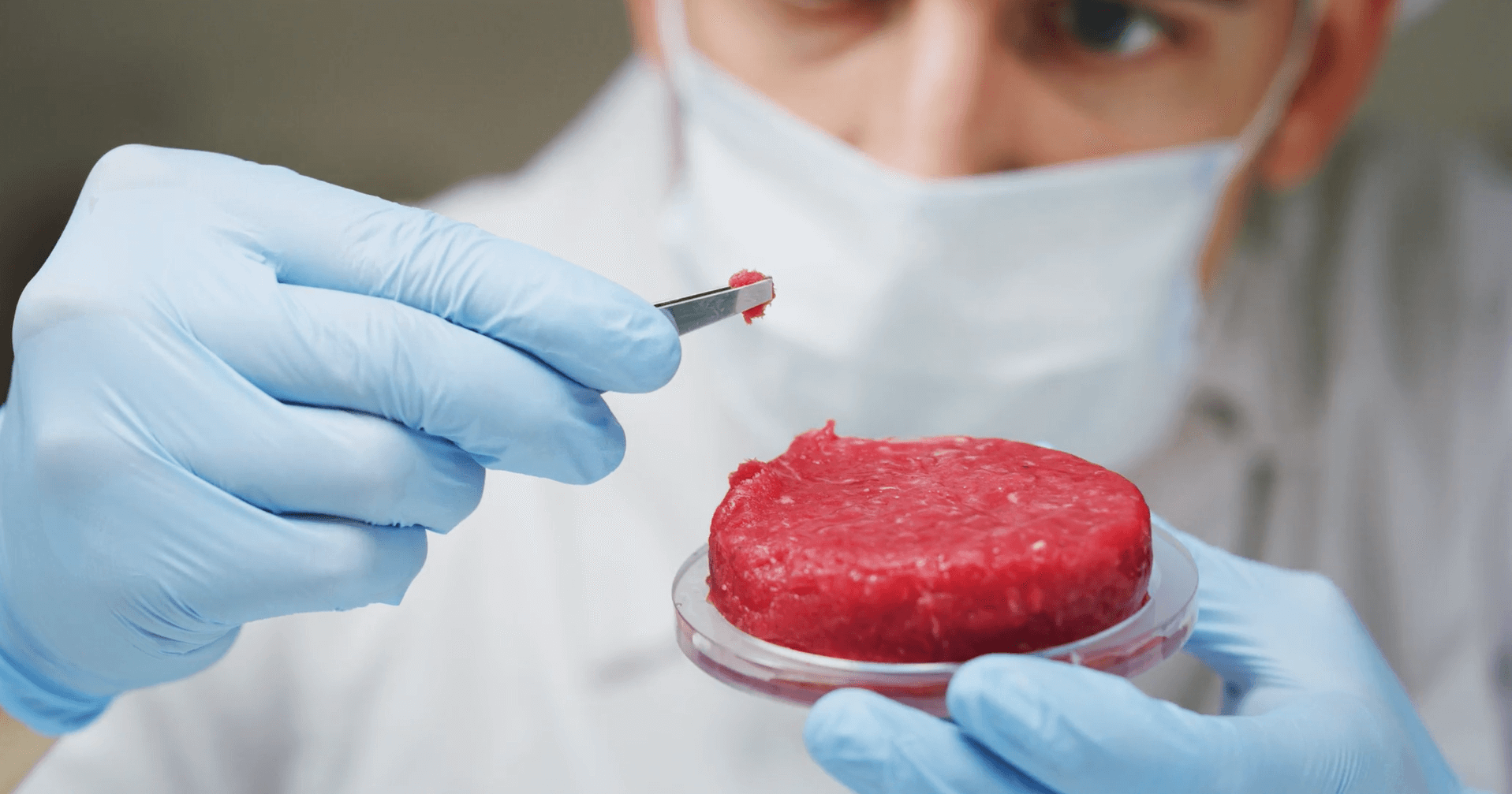
Image: HQUALITY | Adobe Stock Picture
Lab-grown exotic meat has everything you need in a modern foodservice world
In a twist on the cultured meat market Primeval offers lab-grown meat of more exotic origin than we are starting to become used to. Yilmaz Bora, CEO and founder of Primeval Foods explains why the company works on exotic, non-domesticated species such as lions, tigers, zebras, and elephants. “Why is this an excellent product for foodservice? Because those products have all the ‘must-haves’ for a food in the modern foodservice world; a great differentiator, novel, full of excitement, Instagrammable, and they’re environment and animal friendly.”

Yilmaz Bora Founder of Primeval Foods | Image: Primeval
Exotic cultivated meat – excitement, experience and sustainable
As a lifelong foodie and vegan for over three years Bora told us why he was motivated to set up Primeval Foods. “Most vegan foods out there lack taste and excitement for a carnivore. That was my purpose when I was brainstorming for Primeval. How can I create a food that die-hard meat-eaters get excited about but is environmentally and animal friendly?” he says. “Most consumers are looking for an experience when heading to a restaurant. Traditional species such as chicken, pork, and beef reached their limitations in creating excitement or novel tastes. We needed to go beyond that and do something unique, so I ended up with this idea of cultivating exotic meats, starting with lion meat.”
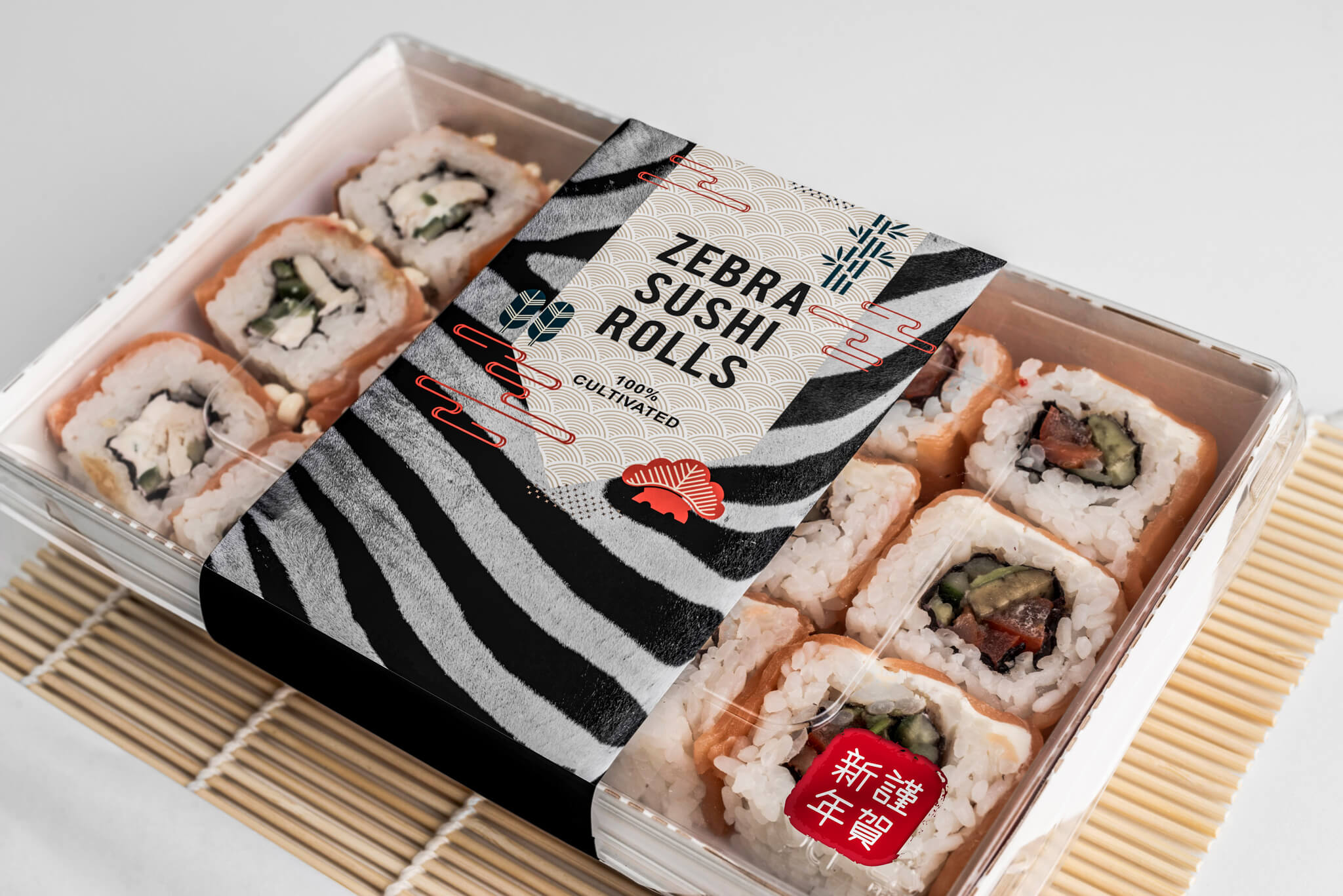
Image: Primeval
The University of Oxford published a report 11 years ago that described how cultured meat could be beneficial for the planet. It can be produced with up to 96% lower greenhouse gas emissions, 45% less energy, 99% lower land use, and 96% lower water use than conventional meat. And as Bora says, Primeval Foods methods ensure consistency and stability of supply. “To serve Kobe Wagyu, Alba truffle, and avocado in foodservice, they must travel thousands of kilometers from continent to continent. This is creating a negative impact on the taste of those foods. With cultivated meat technology, you can have any meat any time of the year without any supply chain or taste issues.”
Meat grown in sterile, controlled laboratory condition also avoids any contamination or hygiene risks that can affect meat markets. Of course, cellular farming doesn’t grow cuts of meat with bone, skin and fat marbling. Muscle cells and fat cells require different nutrition and need to be grown separately. For this reason, many cultured meat products are in the form of burgers or nuggets.
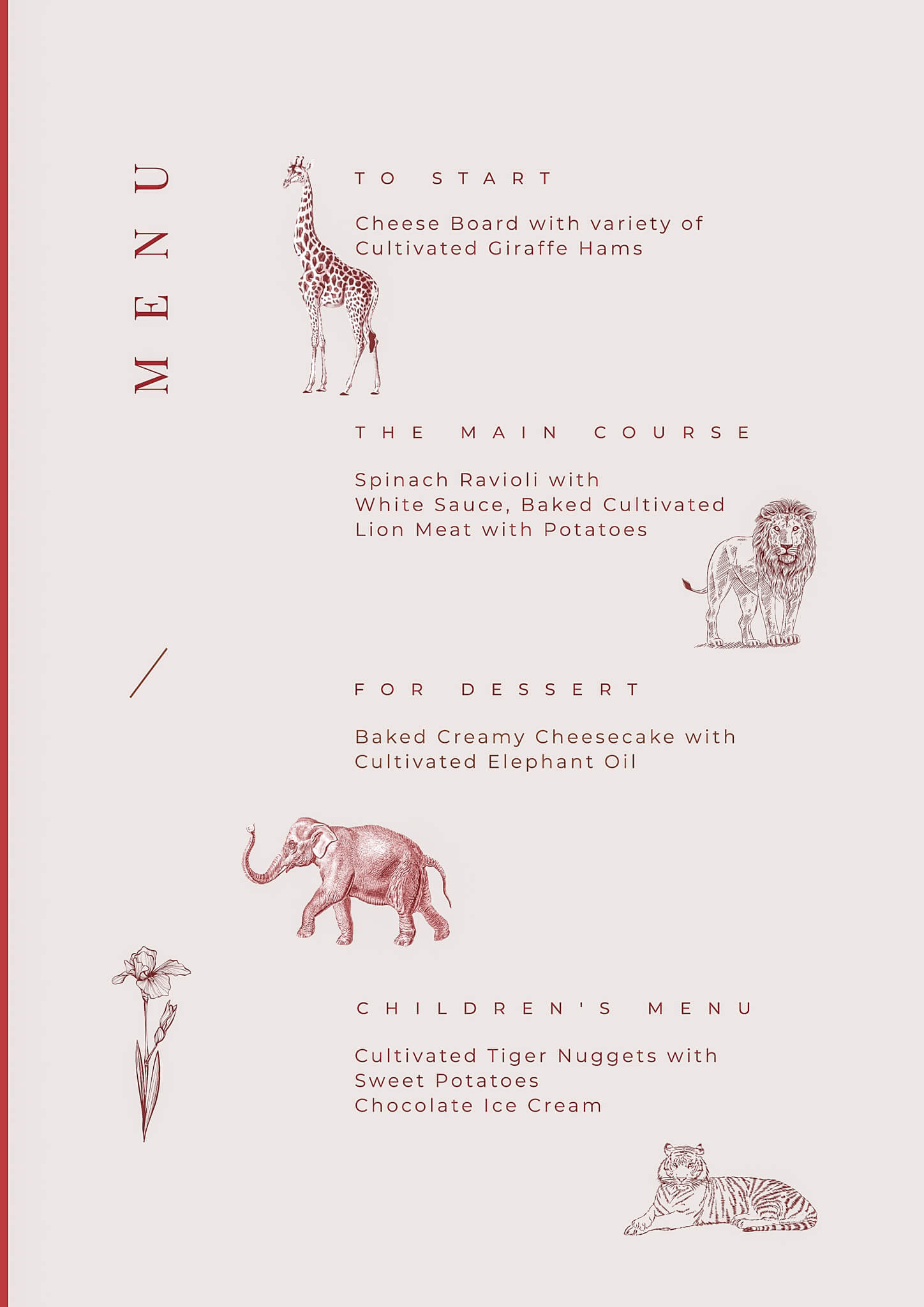
Image: Primeval
A go-to-market strategy both for cultivated meat companies and restaurants
For the foreseeable future Bora sees his company supplying foodservice businesses rather than supermarkets. “In the near future, we will launch our products in foodservice and restaurants,” he says. “We believe chefs have a remarkable ability to create fantastic tastes, and this will allow consumers to meet and taste the future of food from their favorite restaurants and chefs. It’s a great go-to-market strategy both for cultivated meat companies and restaurants. In this way, chefs and restaurants could customize the cultivated meat products to their style of cuisine.”
This familiar approach may well help consumers overcome the psychological barrier to trying cultivated meat products. Bora is also aware that his unique products will appeal to a certain market. “We will launch our products in high-end restaurants because our manufacturing costs are pretty high, and our products fit very well in high-end restaurants because that segment is built on experience and storytelling,” he says.
Although we may be familiar with the tastes of chicken, lamb, beef or pork; what can we know about Primeval Foods more exotic offerings. Apparently herbivorous, long-ranging elephant packs an umami punch. Bora himself is a fan of the cultivated lion burger. “It tastes like the most unique meat I’ve ever tried.”


